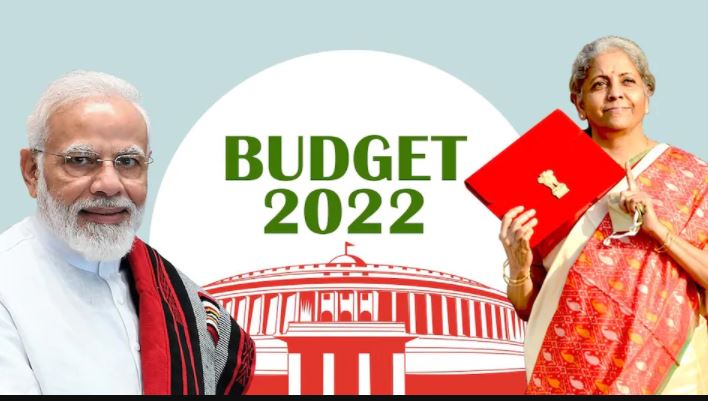Finance Minister Nirmala Sitharaman presented this year’s budget in Parliament on Tuesday
In this, he has also announced a policy to bring cryptocurrencies under the tax net in view of the growing trend of cryptocurrencies.
Under this, 30 percent tax will now be charged on income from cryptocurrencies. This policy is being called ‘Crypto Tax’.
Let us know what is ‘Crypto Tax’ and how it will be implemented.
cryptocurrency
Newsbytes Plus (info)
Cryptocurrencies are completely virtual or digital . It cannot be seen or touched, but can be deposited in an online wallet as a digital coin.
It is a kind of digital cash system, which is completely dependent on computer algorithms. No country or government has any control over this.
It started with bitcoin in the year 2009 and many names went on getting associated with this virtual currency system.
Announcement
Huge increase in cryptocurrency transactions – Sitharaman
Finance Minister Sitharaman said in the budget speech, “There has been an unprecedented increase in transactions of digital, virtual or cryptocurrencies. In such a situation, it has become imperative to introduce a specific tax regime. In such a situation, 30 percent tax will now be levied on income from cryptocurrencies.” ”
He further added, “Those taking digital, virtual or cryptocurrencies as gifts will also be charged a tax of 30 per cent and no exemption will be given.”
TDS
One percent TDS will be charged on transfer of digital assets
Finance Minister Sitharaman said that there are also plans to limit the transfer of cryptocurrencies and digital assets.
Under this, one percent TDS (Tax Deduction at Source) will be levied on transfer of digital assets in excess of a limit.
Similarly, while computing income except the cost of acquisition, deduction of expenses shall not be allowed and the loss shall not be set off from any other profit.
Effective
When will ‘Crypto Tax’ come into force?
Explain that the government has announced a tax on cryptocurrencies to control it. After the budget is passed in Parliament, this ‘crypto tax’ proposal will come into effect from the next financial year i.e. April 1.
In such a situation, it has become clear that digital assets like crypto will no longer be banned in India, but will be treated as another asset class. However, the government would like to limit its transactions.
Information
Bill to come to ban private cryptocurrencies
In December 2021, before the winter session of Parliament, it was being said that the government could introduce a bill on crypto i.e. Cryptocurrency and Official Digital Currency Regulation Bill 2021, but the government did not do so.
After that the government had said that discussions are going on on many aspects in the bill. In such a situation, no announcement was made on crypto in that session and now in the budget directly, the government has brought crypto under the tax net.
Information
RBI to issue digital rupee
Finance Minister Sitharaman has also announced to bring digital rupee this year . It will be issued by Reserve Bank of India (RBI). It will be an electronic form of cash and can also be called digital currency. This will reduce the dependence on cash in the economy.
Statement
Crypto tax a good thing for new asset class – Amitabh Kant
NITI Aayog Chief Executive Officer (CEO) Amitabh Kant said, “Digital assets like crypto will not be banned in India, rather it will be treated as another asset class. This is a good thing for a new asset class like crypto. Is.”
Rakesh Nangia, chairman, Nangia Andersen India, said that the government has stuck to the idea of a stable and reliable tax regime and online digital asset transfer has been brought under the tax net.
